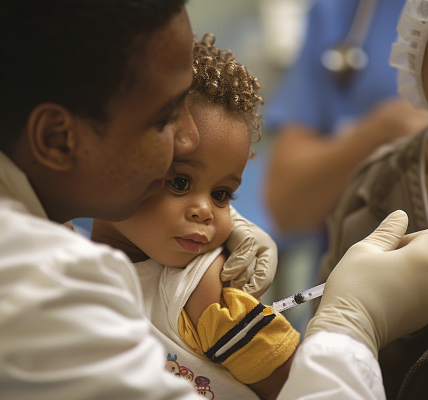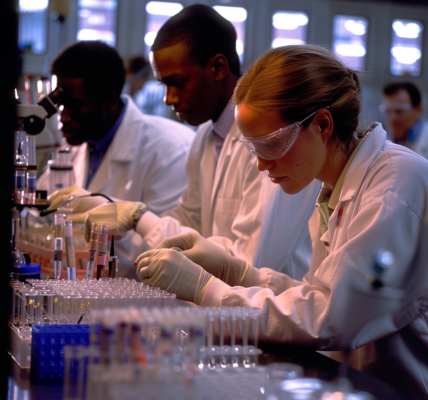Breast cancer screenings are crucial in the fight against breast cancer, with mammography playing a significant role in early detection. However, the shortage of qualified radiologists is posing a challenge in effectively conducting these screenings, both in the US and globally. To address this issue, researchers have turned to artificial intelligence (AI) as a potential solution.
A recent study has shown promising results in utilizing AI for breast cancer screenings. By training a commercially available AI to detect suspicious lesions in mammograms, researchers found that AI not only lightens the workload of radiologists but also enhances diagnostic accuracy. The AI system, developed using deep learning models, functions in two stages. Firstly, it identifies normal screenings that can be read by a single radiologist, thus streamlining the process. Secondly, it assists radiologists in interpreting screenings with a higher risk of breast cancer by highlighting suspicious lesions.
The study involved screening over 50,000 women, with the AI program significantly reducing false-positive findings. This advancement in technology could potentially revolutionize breast cancer screenings by reallocating radiologist resources more efficiently, reducing unnecessary recalls, and improving the detection rate of breast cancers in women undergoing screening.
Lead author Andreas D. Lauritzen, a postdoc student at the University of Copenhagen, emphasized the potential benefits of integrating AI into breast cancer screening. According to Lauritzen, AI implementation can help alleviate the burden on radiologists, optimize resource allocation, decrease false-positive results, and potentially enhance the detection of breast cancers.
Overall, the integration of AI in mammography holds promise for improving the efficiency and accuracy of breast cancer screenings, ultimately benefiting both patients and healthcare providers. As technology continues to advance, leveraging AI in healthcare applications like breast cancer screening showcases the potential for significant positive impact in the field of radiology and beyond.





